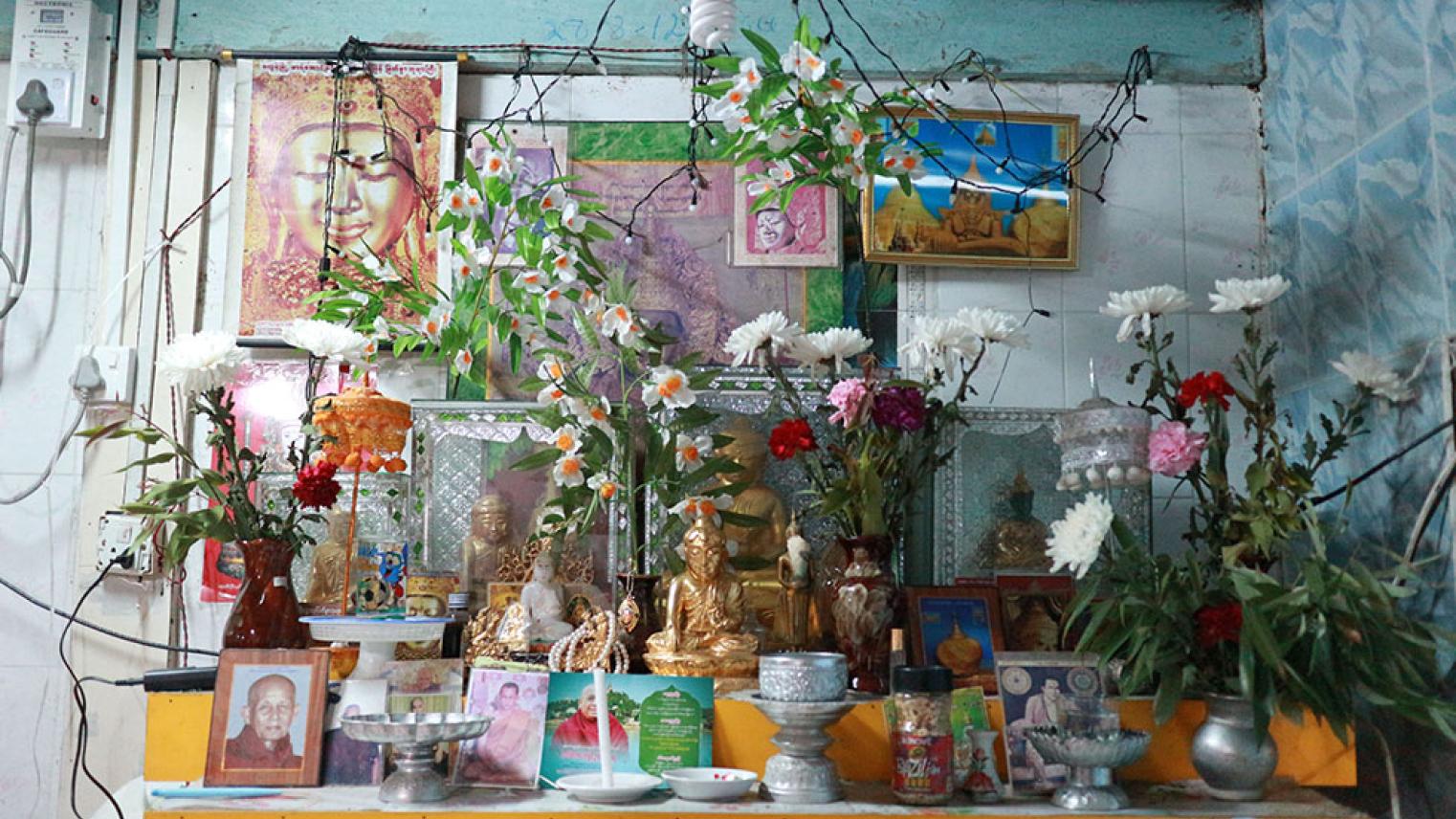ANU Myanmar Research Centre Dialogue Series 2025
Timezone: 5.30–6.30pm AEDT, 1–2pm MMT, 8.30-9.30am CEST
VENUE:
The dialogues in the series will be held in hybrid mode, i.e. in-person on the ANU Campus, and virtually on zoom.
- IN-PERSON: Regional Institutes Boardroom, HC Coombs Extension Building 8, 9 Fellows Road, ANU, Acton, ACT, 2601
- ONLINE: Zoom. Once you register here, you will be directed to the event page on Humanitix. Please select the relevant ticket, in-person or online, according to your preferred attendance mode. You will receive the zoom link and details after registering for online attendance.
For more information on the MRC 2025 Dialogue Series please see the MRC website or contact the Chair:
- Zaw Yadanar Hein, zaw.hein@anu.edu.au
Inter-generational Myanmar activism and the quest for social justice
Myanmar has a long history of armed conflict and political repression, culminating in the 2021 military coup and its repressive aftermath. Consequently, Myanmar activists have become seasoned in their resistance strategies, while also innovating their tactics. Women, youth, ethnic and sexual minorities now play a larger role in the post-coup revolutionary movement, with new generations challenging ingrained social hierarchies and discriminatory practices. They cherish solidarity, inclusivity and intersectionality with the goal of achieving not only a federal democratic system but also transformative, long-term social justice. Restricted civic space and severe limitations on physical meetings and mobility have accelerated young activists’ adoption of digital networks - the tools they grew up with - to mobilise, fundraise, and share their goals. To counter increased military violence and repression, many have also turned to violent resistance tactics.
Based on interviews conducted in 2024-2025, this article explores how today’s activists build on and adapt from previous generations of activists that resisted the military from the 1960s through the 2010s, by asking how intergenerational dynamics influence the evolution of ideological frameworks and strategies within their social movements. We argue that Myanmar’s current resistance to military rule stems from two key factors: the structural changes experienced by Gen Z, including new technologies and increased civil liberties in the late 2010s; and the country’s long legacy of resistance movements. While the structural changes have provided the momentum for unprecedented popular mobilisation, it is the intergenerational legacy of resistance that has catalysed a deeper ideological transformation, including criticism of past and current politicians and resistance leaders.
Speakers
Maaike Matelski is Assistant Professor at the Department of Social and Cultural Anthropology, Vrije Universiteit Amsterdam, the Netherlands. Her research focuses on issues of voice, representation and legitimacy within civil society and rights-based advocacy. She has conducted ethnographic research in Myanmar, Kenya, Ghana and the Netherlands, and is author of the book Contested Civil Society in Myanmar: Local Change and Global Recognition (Bristol University Press, 2024). She currently leads the research project Ethnographic Impact on Social Justice, in which she produces articles, op-eds and documentaries in collaboration with Myanmar colleagues.
Cécile Medail is a postdoctoral researcher with the Department of Asian Studies at University Palacký, Czech Republic, where she leads a project on intersectional solidarity and social justice in Myanmar. She is also a senior researcher with the Myanmar Research Center at the Australian National University. Her research interest includes state building, nationalism, ethnic identity and politics, social movements and activism. She was previously a postdoctoral researcher in the Department of Political Science at the University of Copenhagen and a Visiting Fellow in the Department of Political and Social Change, Australian National University. Before completing her PhD at the University of New South Wales (Australia), she spent eight years working with civil society organizations in Thailand and Myanmar, supporting young ethnic activists on political, gender and environmental issues.
Chair
Zaw Yadanar Hein, zaw.hein@anu.edu.au
The ANU Myanmar Research Centre Dialogue Series is a conversation concerning current research on Myanmar aimed at providing scholars with an opportunity to present their work, try out an idea, advance an argument and critically engage with other researchers. International and Myanmar researchers from any discipline are invited to contribute. The Dialogue Series is particularly seeking to provide a space for early career researchers wishing to receive constructive feedback. Each dialogue is one hour long, including a 30-minute presentation followed by a 30-minute Q&A. As a hybrid series, the Dialogues are presented in both virtual and in-person format, hosted by the ANU Myanmar Research Centre.
Image by May Co Naing
